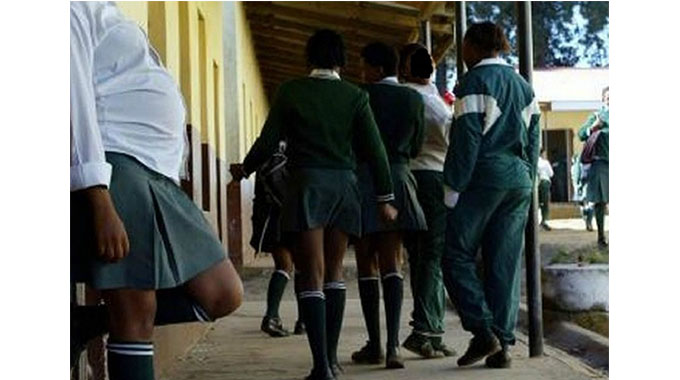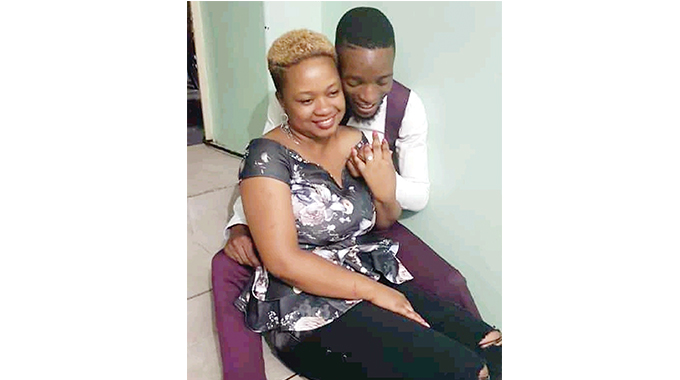Enduring the pain of abortion during lockdown: A female student’s experience

Sharon Buwerimwe
IMAGINE trying to have a safe abortion while the country is under lockdown with soldiers and police officers manning the streets to ensure no one roams around without reason.
On her way back home, Kayleen Moyo, (not her real name) a student at the Zimbabwe Open University (Zou) walked down the streets of Emganwini suburb, lost in her thoughts as she thought of more “lies” to tell police officers at roadblocks after her visit to a backyard clinic.
Following a failed attempt to terminate her two-month-old pregnancy using a concoction that she was given by a self-proclaimed prophet, she decided to visit a backyard clinic, one which offers “safe” abortion services.
Kayleen’s pregnancy was unintended.
The only option she had was to terminate the pregnancy after her coward boyfriend denied responsibility and dumped her.
Kayleen, who was still visibly in pain after the process, shared the story of her ordeal.
“I was so scared to use a formal channel so I nicodemously visited a madzibaba who had said he would help me terminate the pregnancy. He made me pay US$20. The prophet advised me to mix vinegar, salt and anointed sewerage water. I heaved a sigh of relief after he told me that I wouldn’t experience any pain. It was however, the opposite as I got very sick but I never gave up,” she said.
Kayleen said after the failed attempt, she decided to engage a “clinic” which offers safe abortion services, although she feared complications.
“I eventually had the abortion and I have never regretted it. I refuse to apologise for it. It was the best thing to do at that time, not that it was easy. My journey from the backyard clinic was so exhausting, I waited for minibuses for almost two hours, in pain and bleeding.
“Police strictly regulated all vehicles and I was still thinking of a reason why I was travelling. Then a middle-aged guy who had seen me come out of the abortion clinic got right in front of me and said, ‘So you are surely a murderer!, while spitting on the ground. Even with cramps and this scary man attacking me, I was still convinced deep down in my heart that I had done the right thing,” she said with a smile on her face.
Kayleen mirrors the struggles of many tertiary students and other adolescents who resort to unsafe abortion because it is illegal to abort in Zimbabwe. What make it worse for the victims is that they take this risk alone having been dumped by men responsible for the pregnancies.
According to research, people from poor backgrounds cannot afford abortion pills which are sold illegally hence they resort to unsafe abortion. This is happening because post abortion care is costly. It includes skilled personnel, surgical procedures, drugs and hospital stay bills.
Zimbabwe is among countries with high maternal mortality ratios (MMR), estimated at 651 maternal deaths per 10 000 live births.
Since last year, most public health facilities that are mandated to offer post abortion care have been experiencing a shortage of drugs like misoprostol, which is a critical drug in the procedure.
Unsafe abortion includes use of sharp objects like coat hangers and sticks to terminate pregnancies.
A lot of women have died during the process because they are scared of being prosecuted or arrested. Some fear scorn from society.
Law makers in countries all over the world have continuously considered whether abortion should be legalised or not. Some countries, including South Africa have since legalised it.
Adult and Adolescent Rape Clinic Midwife Ms Rumbidzai Chimudzi said abortion should be decriminalised to avoid high rates of maternal deaths.
“The Termination of Pregnancy Act (TOP) should be reformed in line with World Health Organisation guidelines so as to avoid unsafe abortions, maternal deaths and emotional trauma. The Act has so many shortcomings and is contributing to deaths and unsafe abortions that could be prevented,” she said.
“Adolescents and marginalised communities are the most affected. We need to make sure that everyone is clear on what is legal so that they can make well informed decisions when these reforms are made.”











Comments